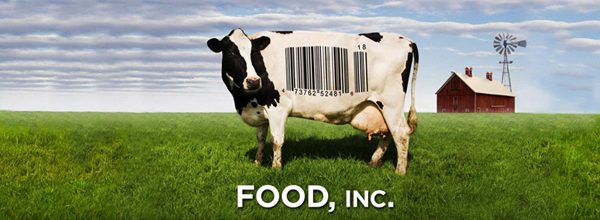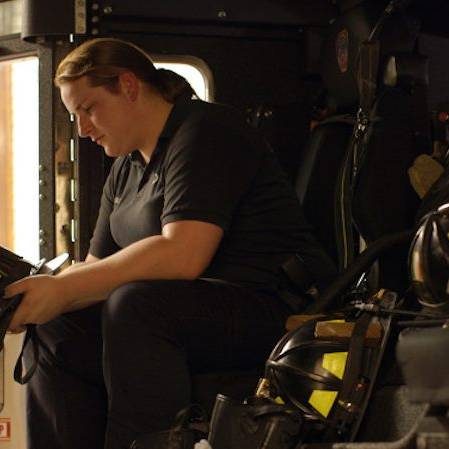 This shocking, and affecting doc tells you everything you never wanted to know about the food industry.
This shocking, and affecting doc tells you everything you never wanted to know about the food industry.
In a culture where we like our lattes to taste the same from San Francisco to Manhattan, and everywhere in-between, it should come as no surprise that our food tastes the same from coast to coast. Food, Inc. explores the reasons—and depending on your sensibility, the horror behind this. It is an eye-opening exploration of the American food industry and a must-see if you care about where your food comes from and how it is produced. There is not ample time in the 94-minute documentary to delve deeply into every aspect of the food industry, but the filmmakers try to touch upon a variety of issues.
At times, Food, Inc. almost plays like a vast conspiracy against the few remaining farmers trying to turn an honest dollar. But judging from the fact that individual farmers are so few and far between a viewer cannot help but believe a handful of corporations are truly taking over the American food industry. In a country where capitalism rules, these corporations follow suit, by being solely interested in profit. If they can genetically engineer a chicken to grow twice the size in half the time, they will do it and sell it, and the average farmer cannot compete.
Back in the 1950s, the McDonald’s brothers had a good idea about making affordable food for the masses. They were one of the first food businesses to produce meals like a factory produces car parts, and employ cheap, replaceable labourers. Today places like McDonald’s now not only control how their food is manufactured from the chicken and the cow, but they also control how meat, and other food, not bought by McDonald’s is produced. Many Americans do not have the time to ponder why they can get a quick cheeseburger for $1 but a bunch of asparagus costs $4.
Food, Inc. is not for the faint of heart, there are some disconcerting scenes documenting the mass production of our three meals a day. The animals are treated very much like pieces of equipment on the assembly line and not living, breathing creatures. There’s a line from an organic farmer, Joel Salatin, who makes an interesting point if slaughterhouses had glass walls food production in our country would be drastically different. Unfortunately, there are no glass walls in this industry and with the takeover of major corporations and the demise of the farmer, food production is going from bad to genetically alter in a hurry. Food, Inc. does what it can to expose the inner working of an industry we all need to know about.



